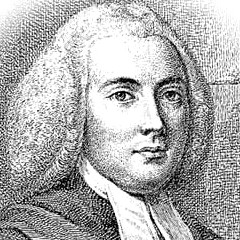
Paul Revere was more than a decade his junior, but they became friends in Revere’s later teens. Mayhew married the daughter of Revere’s landlord. Paul’s family was mostly Puritan. His dad was a Huguenot refugee (hence his French surname), and Dad took his doctrine pretty seriously—certainly Trinitarian, definitely Calvinist. In fact when Revere was caught sneaking sermons at Mayhew’s church, Dad gave Paul a whipping to discourage his consumption of heretical preaching.
Mayhew was also an ardent and celebrated defender of liberty in the colonies. He opposed the Stamp Act and resisted imposition of anything that smacked of British officialdom—including Anglican bishops. He was a Congregationalist and fought a very pitched public battle against the establishment of the episcopate in America.
So against that backdrop, read the following from Charles Akers’ bio of Mayhew (my comments in brackets). It turns out that Mayhew’s grandson
entered the Anglican priesthood in 1817 [Mayhew died in 1766] and returned briefly to Boston in 1834 as rector of Trinity Episcopal Church [in granddad’s old stomping grounds]. With all his grandfather’s temerity [he was famously strident] the grandson proclaimed that “there cannot be a church without a bishop.” By the time of his death in 1854, Jonathan Mayhew Wainwright, perhaps America’s most distinguished Episcopalian, had become Bishop of New York.
And I bet he recited the Athanasian Creed as often as his grandfather complained about it.
You just never know how things are going to shake out, do you?












